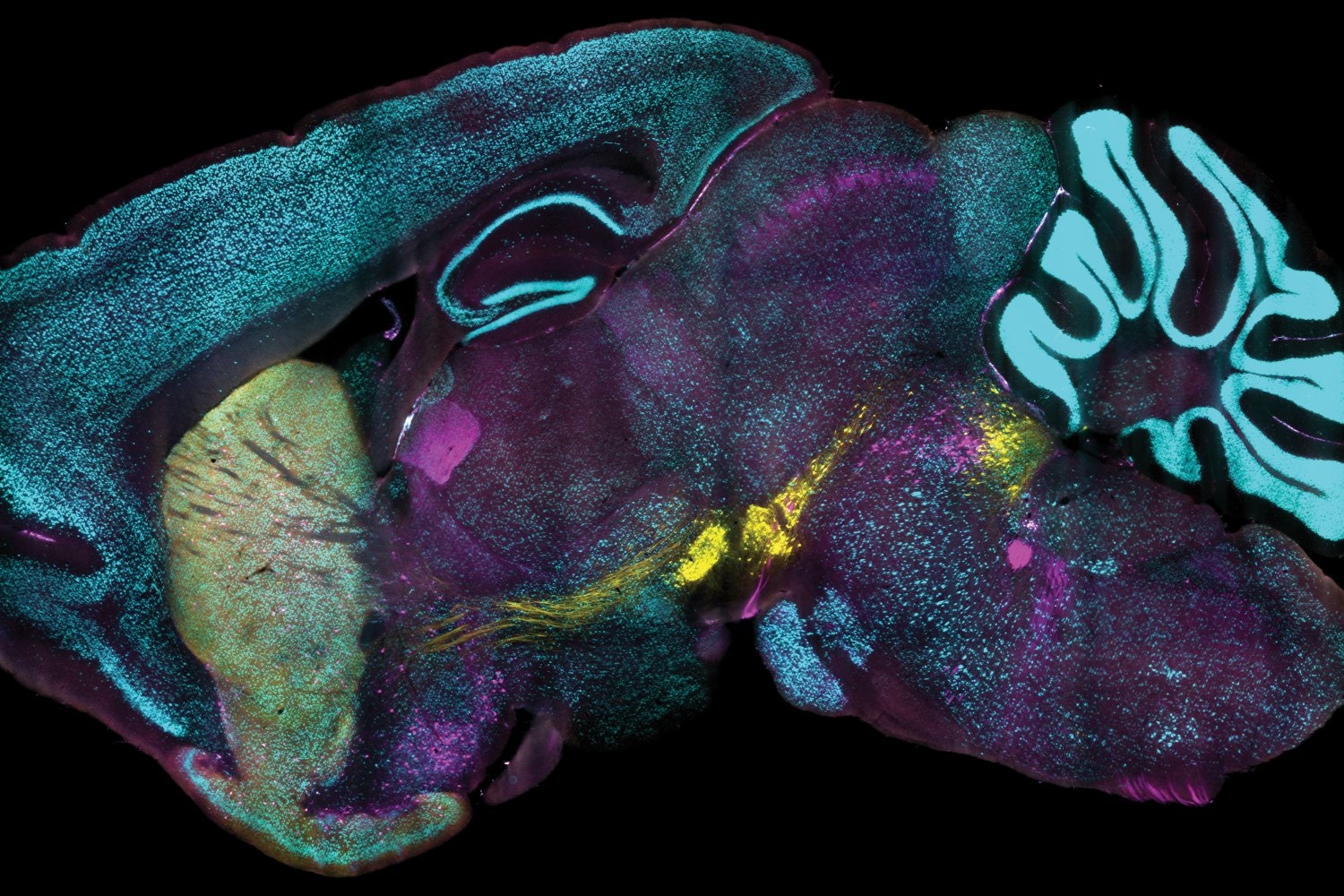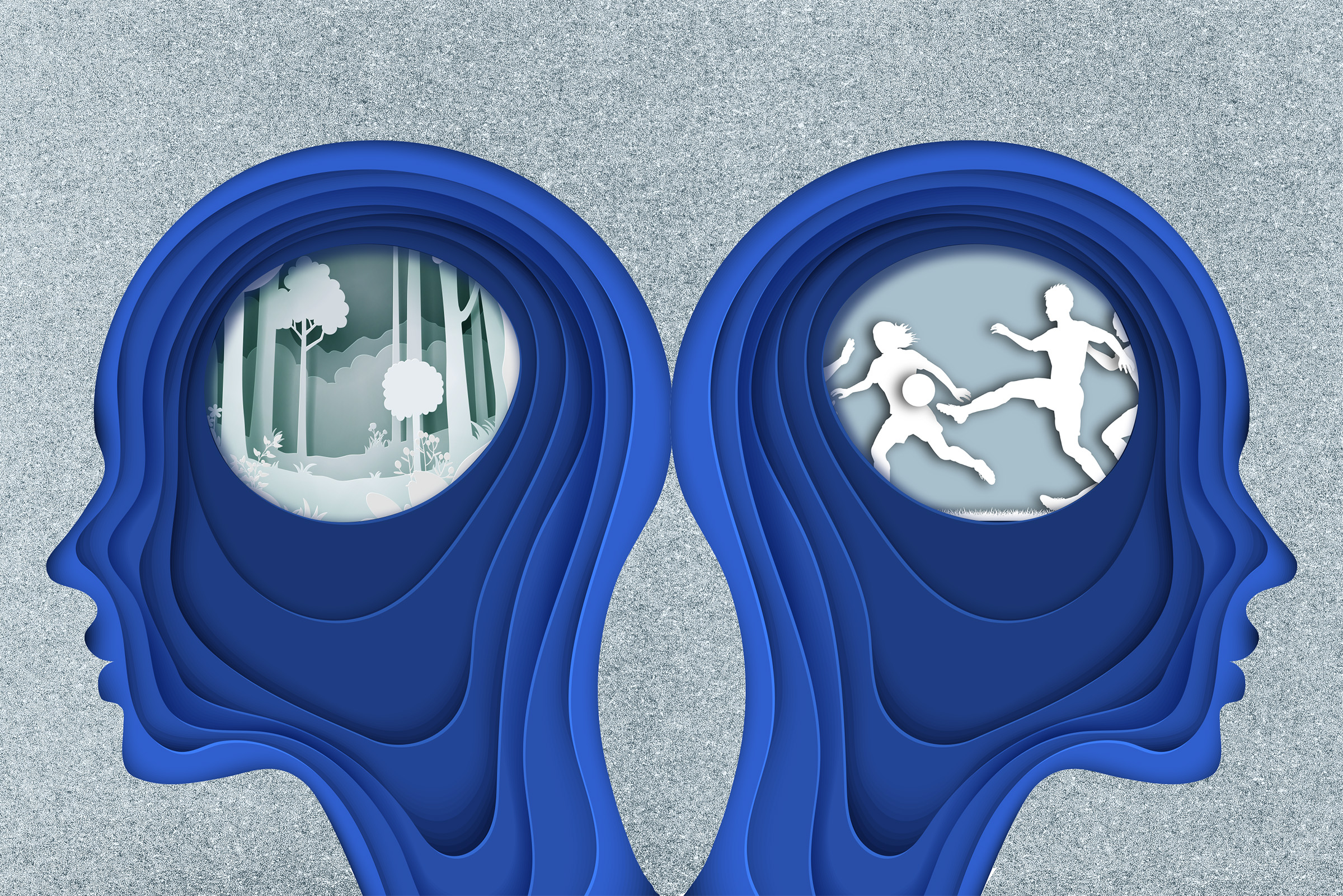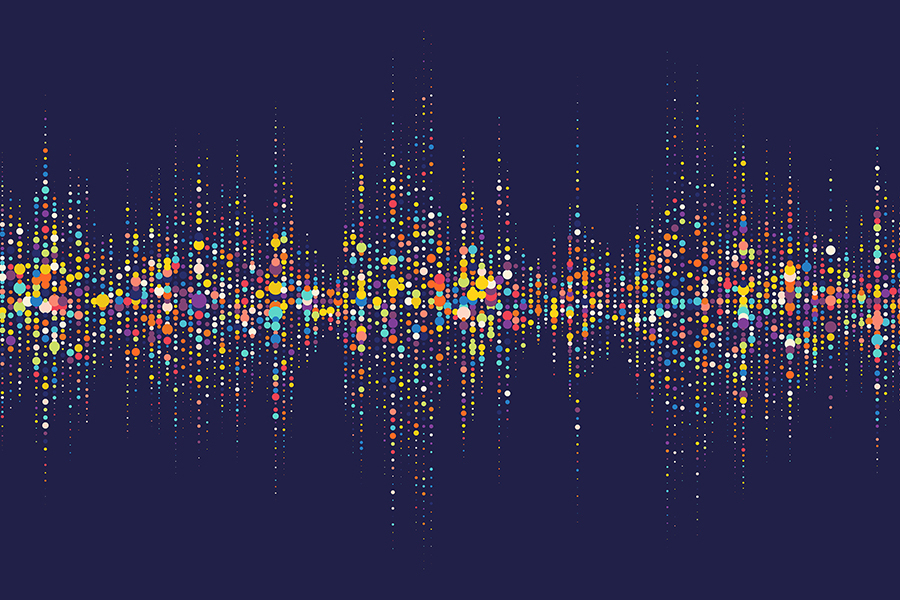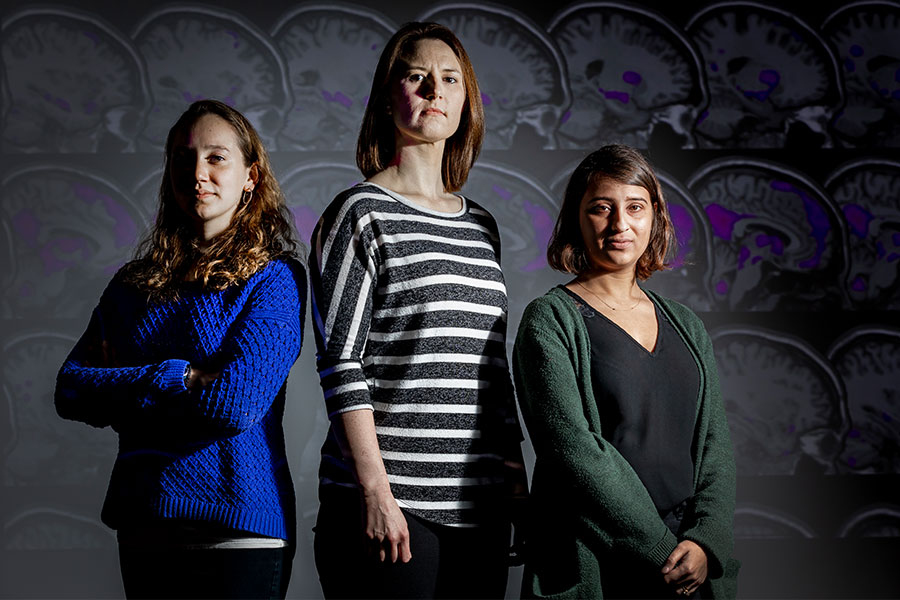MIT method enables ultrafast protein labeling of tens of millions of densely packed cells
Tissue processing advance can label proteins at the level of individual cells across large samples just as fast and uniformly as in dissociated single cells.
Feb. 6, 2025 • ~9 min









